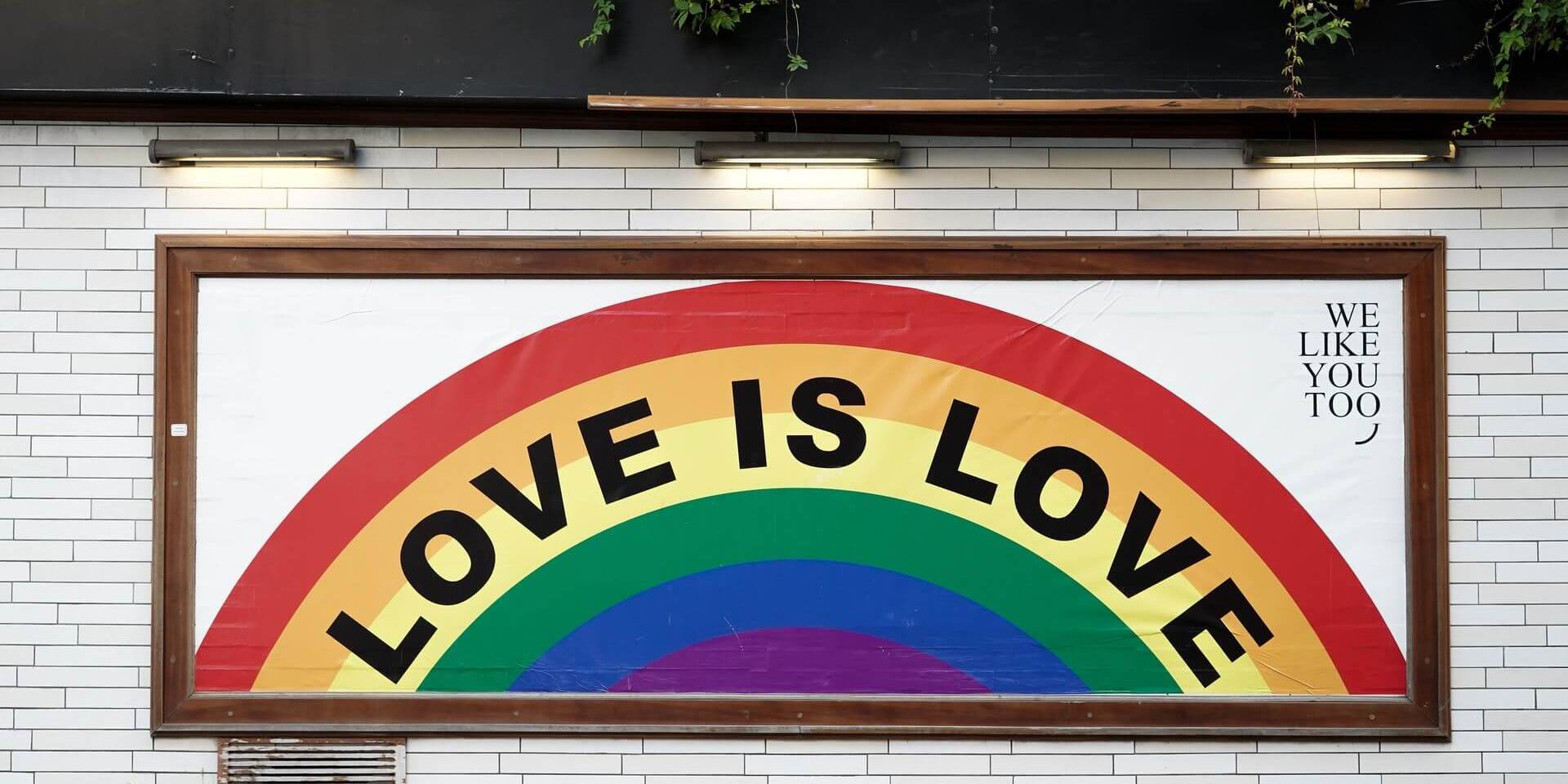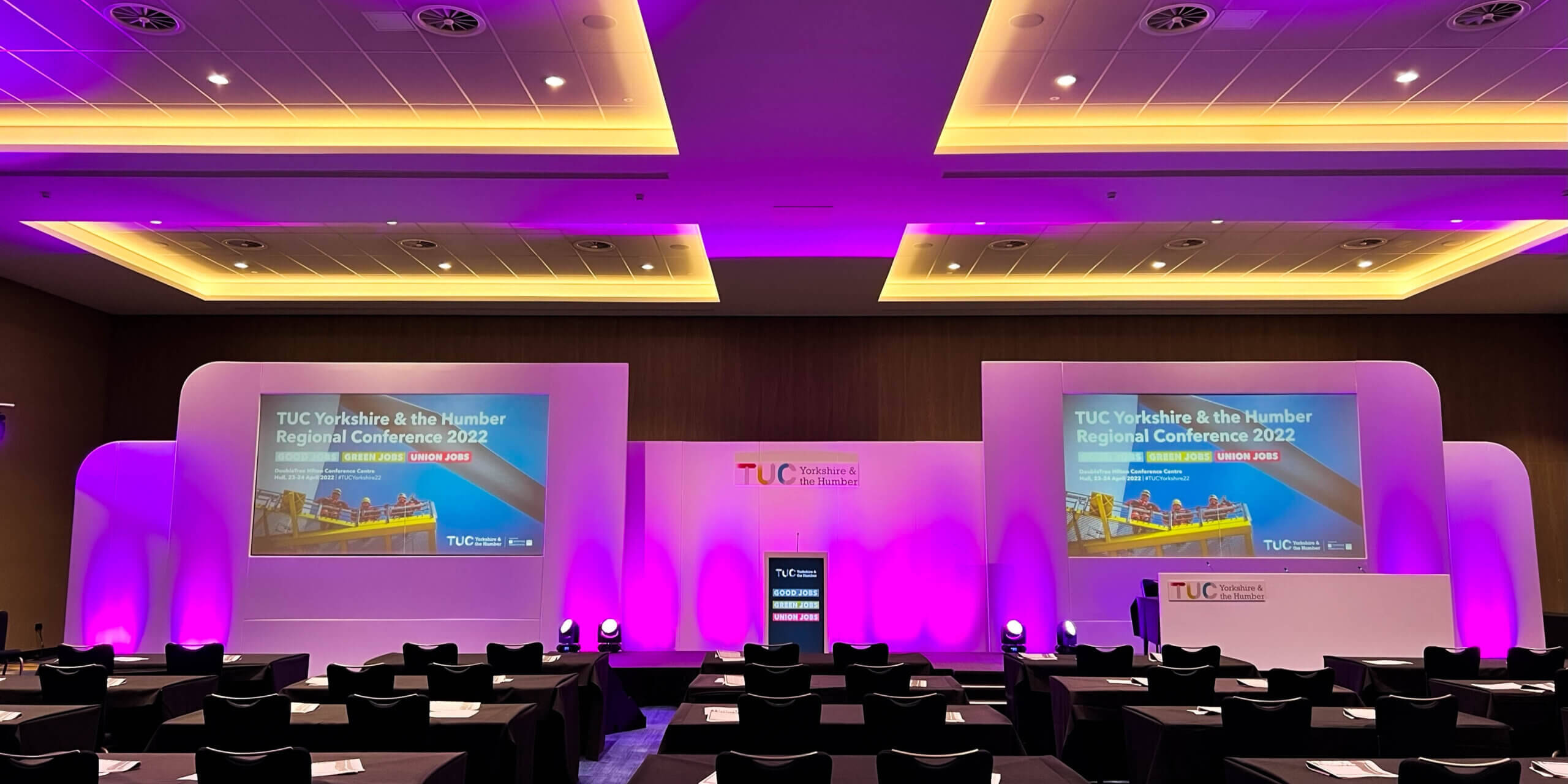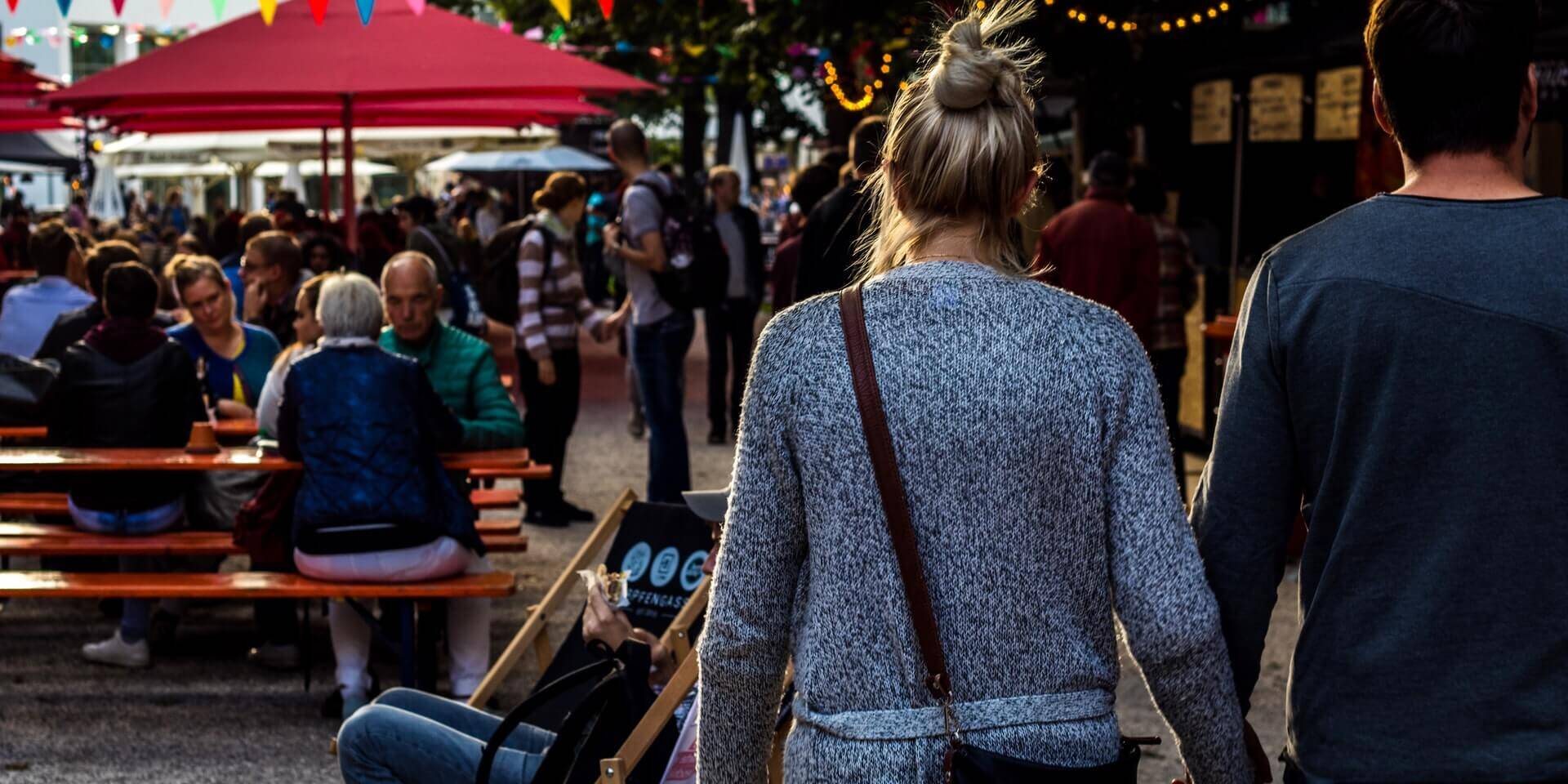Okay, so maybe 2021 isn’t turning out to be that huge explosion of in-person events, screeching applause of fanfares or returning to some sense of normality that we all wanted. And unfortunately, it looks like this may not be until Summer (but again that’s anyone’s guess, no doubt COVID-19 and its sister variants all have other plans).
The place of events in society has long been in question. Remember back when video conferencing became a thing, and many key figures were signalling it was the death of the event? Well, it didn’t happen did it; but it did allow for more clever communication between individuals, which is something we shouldn’t brush aside so quickly.
Where we currently find ourselves is no different. The pandemic will come to an end (eventually), and we’ll return back to some normality, but the key learning points we take from this extended period of change will be relevant for years to come. It will also have a major effect on the way events, in general, are delivered in the future.
Going virtual
The majority of the events industry clambered almost overnight in 2020 to ensure they could survive and ‘pivot’ their offering to clients. The problem is, we didn’t take our clients with us. We didn’t develop their understanding of the seemingly ‘new’ technologies which were thrust in front of them (I say seemingly new technologies, because a lot of this stuff has been about for years and really isn’t new).
Clients have only just managed to get their heads around streaming an event online, and what do you know, the likes of Microsoft (Teams), Zoom and platforms such as Hopin understand the value of this. They’re frantically trying to develop new features to offer their clients in the hope they continue to use their technology for future events. The problem is, this technology doesn’t replace in-person events.
In-person events are in fact very sensory led and can evoke emotion which helps with recall around what attendees might have learnt. Ultimately, they can inspire in ways that a virtual event just can’t. People often talk about being able to feel the atmosphere and energy in a room which gets them more engaged and although technology does allow us to create engaging virtual events, when we’re able to, businesses shouldn’t forget the impact an in-person event can have.
Physical events
The next battle we’re going to have to endure is transitioning back into ‘normality’. Yes, you may think it’s easy; you need to hold a conference; so you book a venue, book a speaker and sort the presentations then register the delegates. In reality, it’s not going to be as simple as that.
There will be considerations for every element of the event needed now in order to adhere to the latest restrictions and government guidelines. Not only that, but the change in mentality for many attendees, no longer will people want to be crammed into a stuffy room and sat closely on a table with complete strangers. However, most of this is down to how fast the vaccine has been rolled out, and what the general populations reaction is to it.
It’s likely in the future there will be more demand for larger venues. These may be for events which would have otherwise used a small to medium-sized venue, but could no longer use such venues due to numbers and the potential need for social distancing.
There’s also the potential for pricing of events to be impacted. The demand is going to be so high, so production company’s, venues and general suppliers will likely increase their costs. On the other hand, production companies may also need to increase their costs because the technical labour (freelance technicians, crew etc) pool will be lower as many have now left the industry to work elsewhere. One thing is certain, there will be a big skills gap within the industry but working with a production company who has experience in-house will help reduce the reliance on freelancers and those potential additional costs.
The hybrid buzz
The natural transition from fully virtual events will be hybrid. Many people still associate hybrid with cars – why wouldn’t you, the automotive industry has spent millions on promoting the terminology, and some would argue it belongs to them. For the events industry, this term is fairly new. Unfortunately, as an industry we’ve not been as active, we’ve not found our unified voice to shout about our offering, terminologies and technologies.
Hybrid is a mixture of in-person delegates and online (virtual if you were) delegates. The concept will work for some events, but won’t work for others. Some clients will pick up the concept really easily, some won’t be able to grasp the meaning at all. This will be the same for delegates. Prior to the pandemic, they would have been used to sitting in a conference suite, now they’re used to accessing an event online (with all the technical challenges this brings).
We’ve already written about Hybrid events and have been banging the drum since last year with one of our blog posts offering up our insight and thoughts on transiting form a virtual world.
Large scale events
All this means nothing right? Well no, even though we’ve seen headlines about Glastonbury not going ahead this year, it doesn’t need to be a trend with other smaller or even larger events.
Glastonbury is a huge logistical animal, vastly more complicated than many other events, and unlike common thoughts being offered, shouldn’t be taken as a benchmark for the wider industry.
Why? Well, it’s simple, we need to start getting back to normal, and whilst events like Glastonbury (with the utmost respect) feel they cannot operate with either reduced capacities, or cannot meet their financial constraints, we all need to start installing confidence back into our audiences.
Building confidence
This will be the key driver in the return of the events industry in 2021 and beyond. You may have more control measures than a nuclear power station, and think your event is ‘COVID Secure’, but unless your audience feels safe to return, they will stay away, no matter what you offer them.
We also don’t want to return too soon. The pandemic has been unlike anything we’ve seen in our lifetimes and has required a dance of fire to keep it under control – sometimes winning, and sometimes losing.
As an industry, we are tactile, creative and gushing with enthusiasm to support our clients. Now more than ever, we need to be there to hold their hand and be flexible as much as they need us to be. Standing side by side with them, creating contingency plans and guiding them on how to transition back to some form of normality is crucial.
2021 is going to be just as challenging as 2020, the only difference is we have more tools in our arsenal, and we now know how to use them.
If you’re currently in the process of looking at your event programme or sat there scratching your head trying to understand how technology is able to support you in the transition back to normality, drop our team a call. We’re open, armed with the latest technology, and ready to support you and your projects, no matter the size or complexity. So get in touch today!


